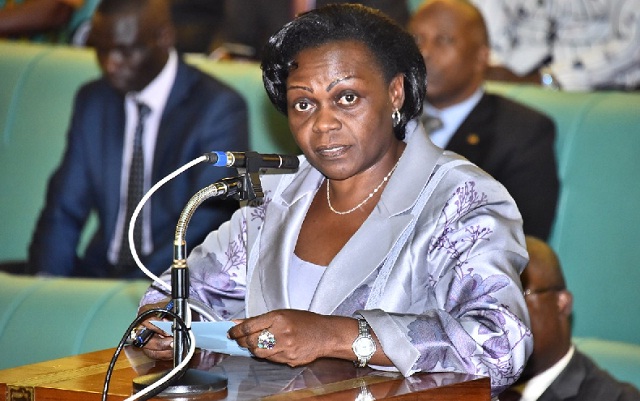
Although, he said the council has not yet seen the Cubans, Katumba says expatriates are usually brought in by NGOs and some government agencies to offer support especially in highly specialised fields like heart and brain surgery.
Like Kateera, Sentongo argues that there is no country that does not need more doctors; especially in areas that are lacking. He notes that specialties like neurosurgery and oncology are still in short supply.
Figures from the latest UMDPC report show that by end of 2017, only 6 neurosurgeons were registered, 6 cardiothorasic and cardiovascular surgeons, 6 dermatologists and 5 urologists who are concentrated in Kampala and the neighboring urban districts. Majority of the practitioners have specialised in public health, internal medicine and gynecology.
‘Losing more than we are gaining’
For Kateera, other than focusing on the doctors coming in, Uganda should worry more about the fact that the country is losing more doctors than they are gaining even as the country graduates about 300 medical students every year from the various universities.
Last year 331 new doctors were registered by the council making the total number of registered practitioners in Uganda 5894. However, when it came to renewing practicing licenses, only 3961 doctors made renewal meaning that over a thousand could have left the country or the practice.
Meanwhile, 177 doctors sought a certificate of good standing from the council last year seeking clearance for employment in other countries. And, the number of those leaving could be bigger.
Katumba says there are countries that do not require medical workers to present a certificate of good standing before employing them and therefore many more might be leaving the country without the statistic being captured.
For those who stay in the country and are employed in the public facilities, they are usually absent from duty, according to a 2016 report. It estimates that on any given day, 37% of public healthcare professionals do not report to work. This is partly because they are busy in their private health facilities.
For now however, the doctors demand the positions to be filled by the Cubans should be first advertised for potential Ugandan candidates to apply so that the expatriate option can only be considered where there are no takers in the country.
Moses Mulumba, the Executive Director of the local NGO – Center for Health, Human Rights and Development (CEHURD) says it being a public service, the process of recruiting Cuban doctors should be as transparent as possible and should conform to the established legal and policy regulations that provide for hiring of doctors.
“My fear is this could be a political decision considering it was mooted during the doctors’ strike last year,” he says, “For it to have an impact, it should be handled by technical people.”
 The Independent Uganda: You get the Truth we Pay the Price
The Independent Uganda: You get the Truth we Pay the Price



